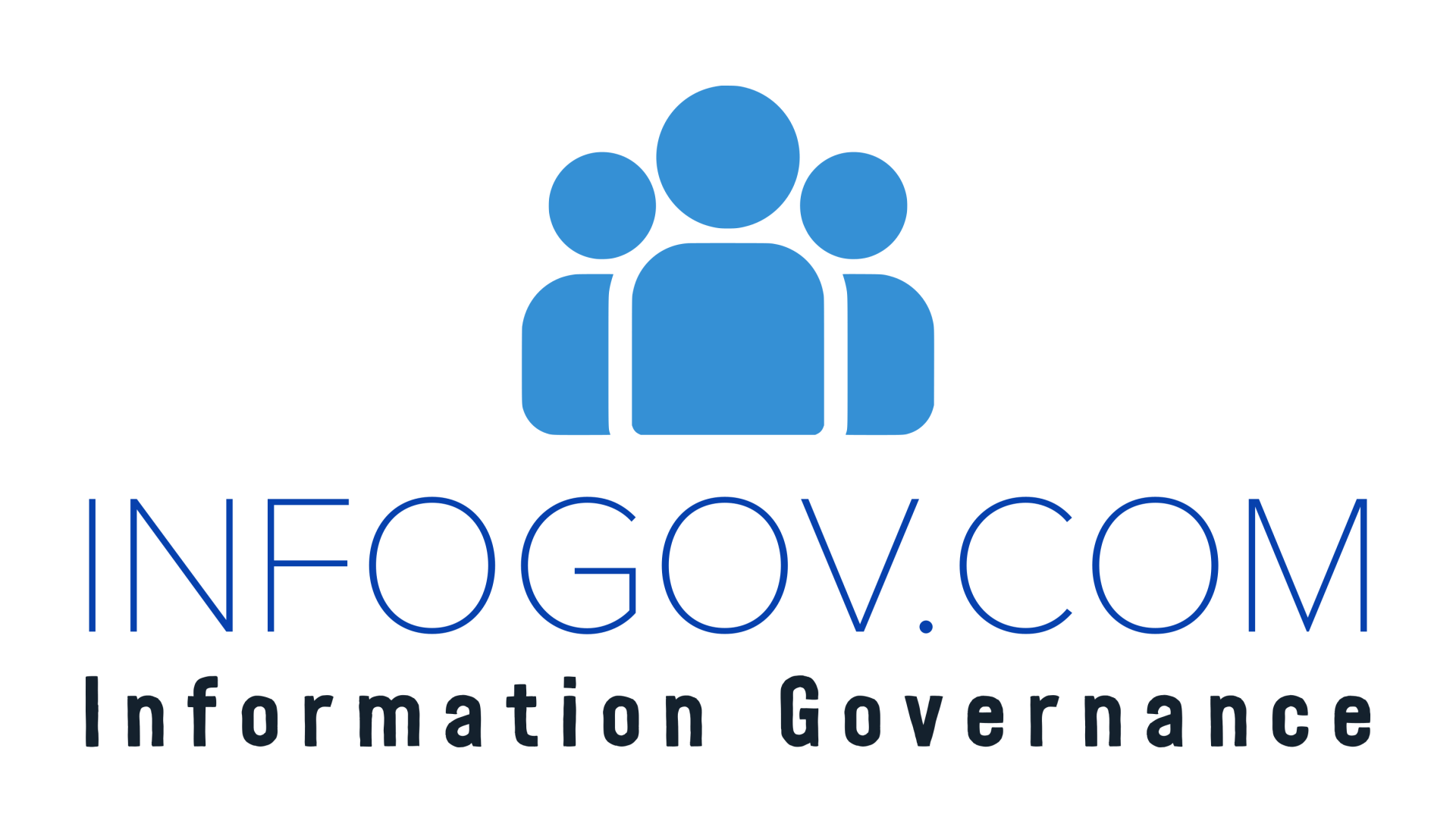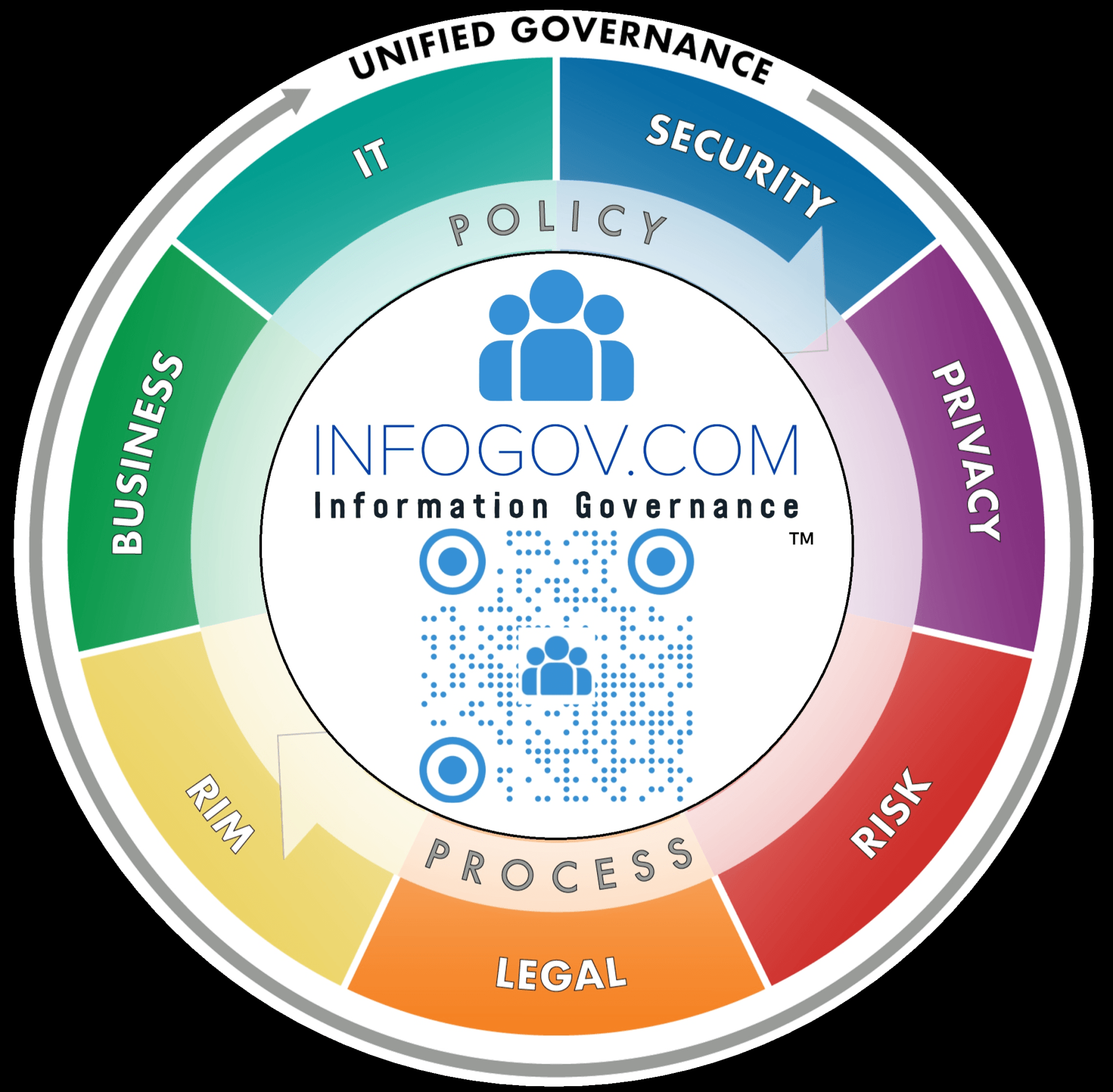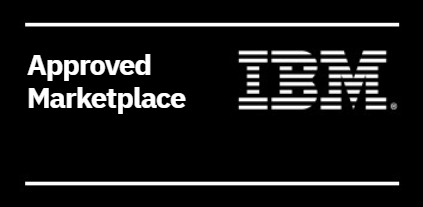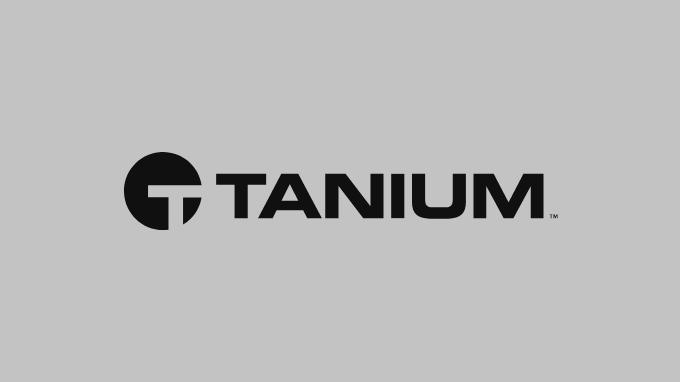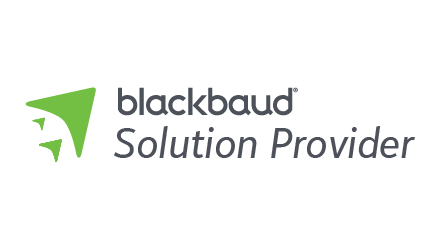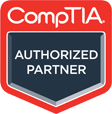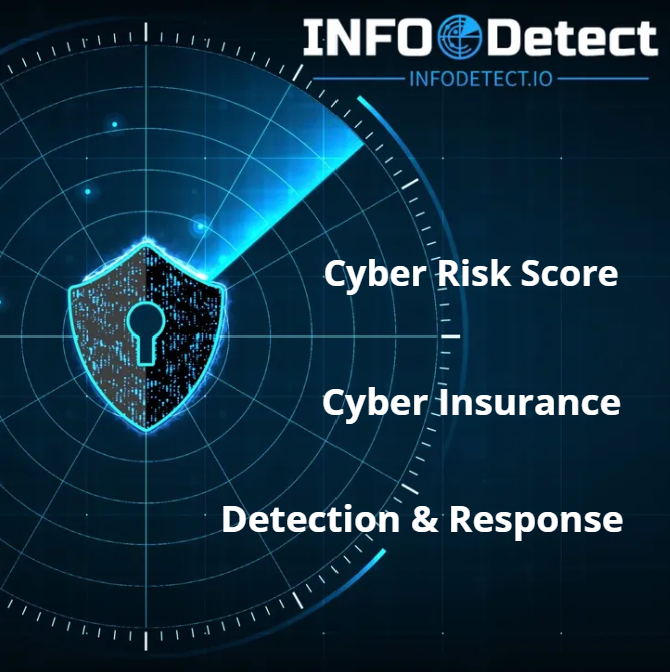Transform
Records & Data Governance
Whether physical documents, data, digital assets, blockchain, or NFTs, records should be classified and managed throughout their lifecycle to streamline everyday business workflows.
InfoGov.com transforms your organization with the importance of documents and data lifecycles in essential business departments while providing information governance insights.
Get Started
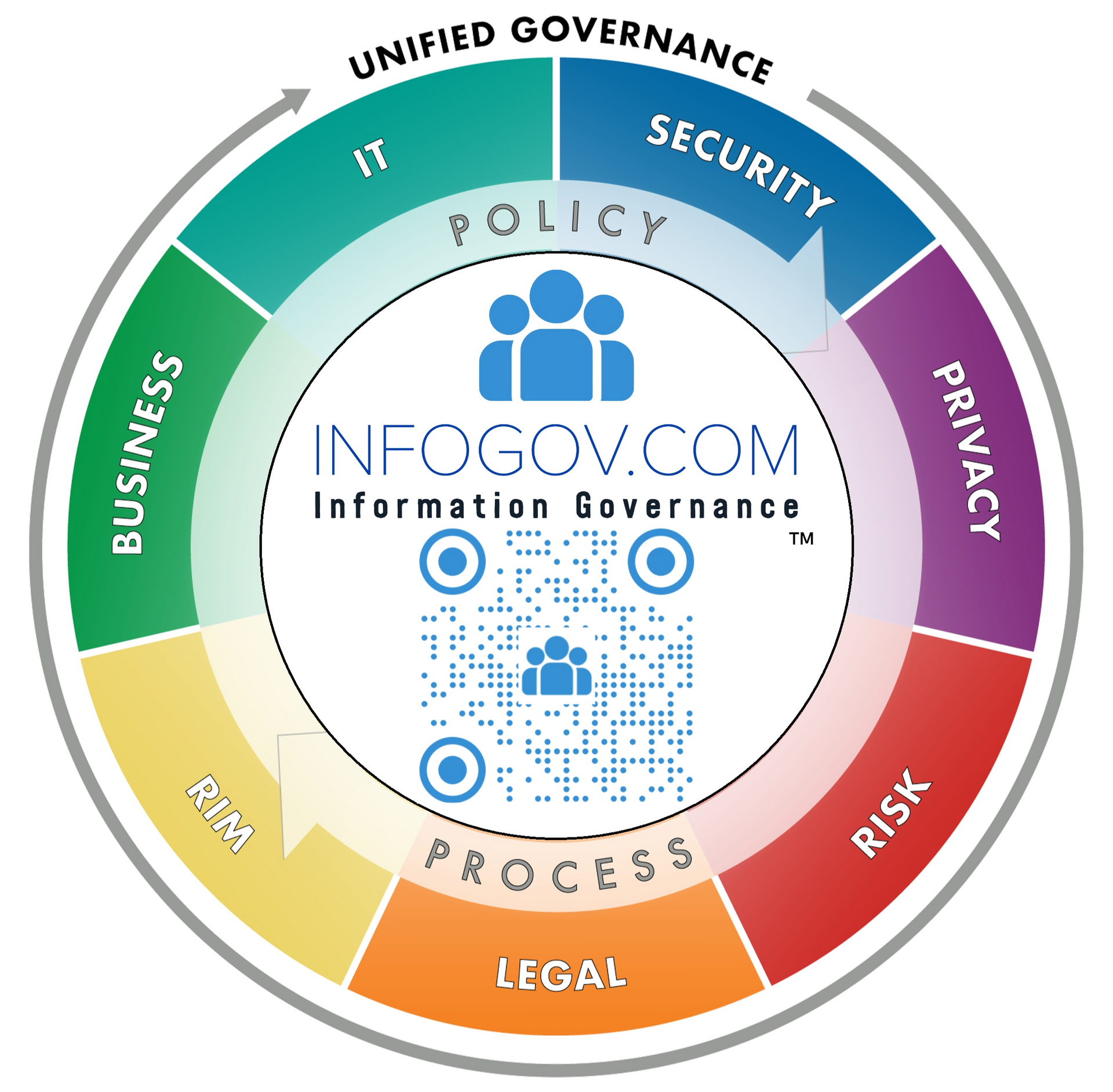
InfoGov.com is more than data...
InfoGov.com is an Information Governance advisory firm, knowledge portal, and coaching resource platform for public policy, corporate boards of directors, c-suite executives, legal, risk, compliance, human resources (HR), information technology (IT), security, privacy, business employees, and contractors.
Actions speak louder than words...
As an 'AI for People' based Knowledge as a Service (KaaS) research & training community, our services digitally transform your organization’s information management culture while seamlessly integrating into existing daily workflows, saving time and costs.
Let's start by understanding where you are today and solution for tomorrow.
Reduce time, costs, and risks by leveraging InfoGov.com people, processes, and technology. We accelerate digital transformation through business data efficiency, governance, risk, compliance, and security. Contact us today:
Save Time
Reduce Costs
Increase Productivity
Reduce Risks
What is Information Governance and Why is it Important?
“Information governance is the overarching and coordinating strategy for all organizational information. It establishes the authorities, supports, processes, capabilities, structures, and infrastructure to enable information to be a useful asset and reduced liability to an organization, based on that organization’s specific business requirements and risk tolerance.” - ARMA International

Protecting Information is an Enterprise Effort
Multiple departments have differing perspectives and requirements on their information handling needs. Records Management ensures that institutional records of vital historical, fiscal, and legal value (physical or digital) are identified and preserved, and that non-essential records are discarded in a timely manner according to established guidelines and identified legislation.
Business Continues to Advance with Innovation
InfoGov.com assists your company or organization in drawing together key stakeholders, processes, and technologies that exist across your organization – orchestrate the guidance while ensuring all policy is in alignment with organizational goals, regulatory requirements, security measures – and then drive information efficiencies forward.



